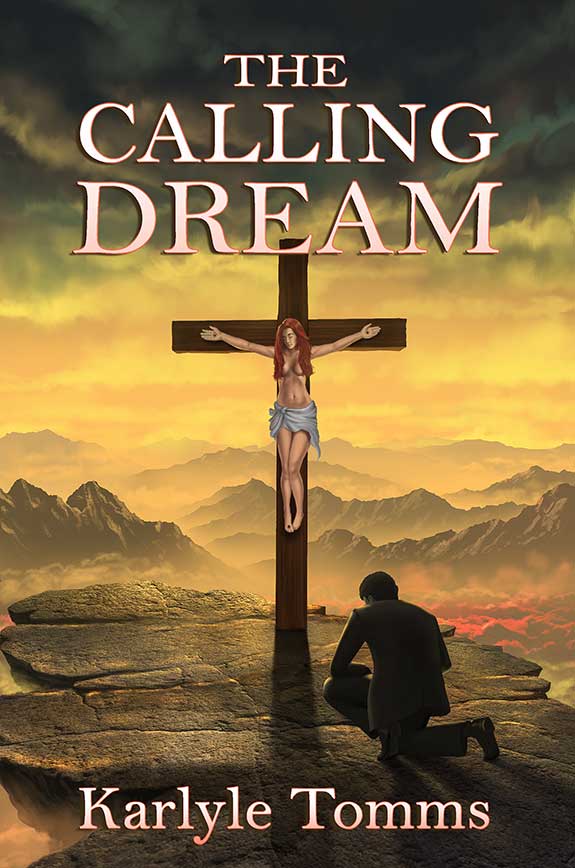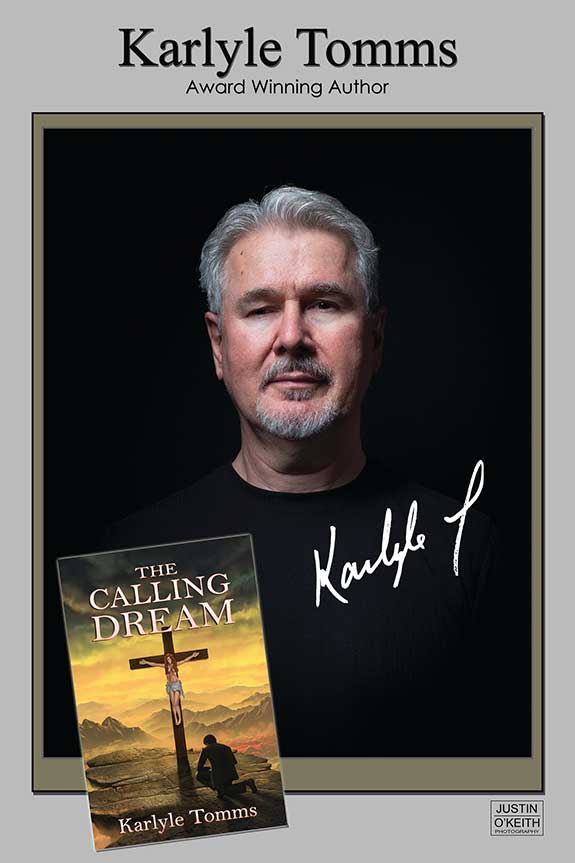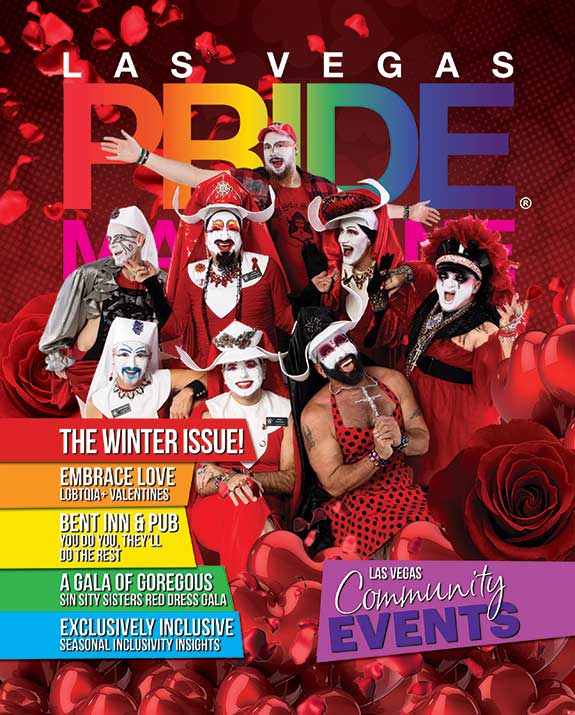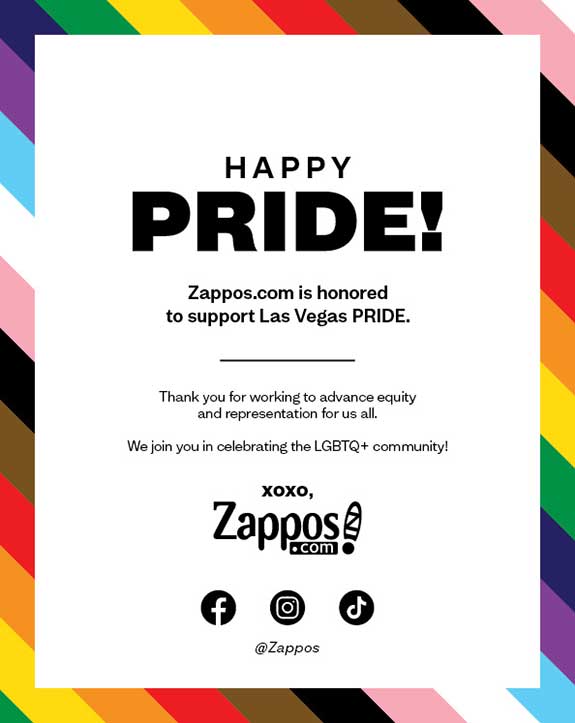From the Sticks to the Stacks
(My Journey as an Author)
By Karlyle Tomms
Karlyle Tomms is a pen name, a derivative of my birth name. I chose it because my birth name is more common than ticks on a hound’s back. That metaphor fits because I grew up in a four-room house in the sticks of Arkansas. My mother was from the sticks, and my father was from Las Angeles. So, I’m a hillbilly half-breed. I grew up in a fundamentalist church, and I was fourteen years old when Stonewall occurred. Of course, I never heard of Stonewall until after I graduated college and finally made peace with the fact that who I am is not who I was assigned to be, and who I am is not a sin. That took a while, but with the guidance of some compassionate mentors and therapists who were straight, by the way, I was finally able to accept and love myself as a somewhat gender-fluid gay man. After graduate school, I spent forty-two years as a clinical social worker and, therefore, have compassion for multiple aspects of the human experience. That shows up in my fiction, which is not just gay fiction.
I’ve been a writer for as long as I can remember. Even in grade school, I wrote a play, and of course, what troubled teen does not write poetry? In college, I managed the campus literary magazine for two years.
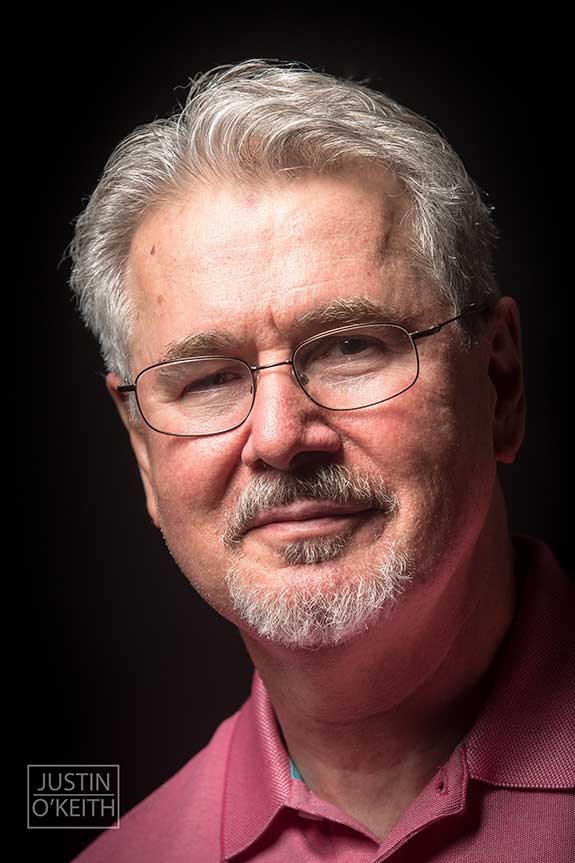
Karlyle Tomms
After obtaining my master’s degree, I wrote articles for magazines and newspapers, often at the urging of the agency I was working for. Still, I had a monthly feature in Recovery Times magazine for a few years. However, I could never write a novel. Every time I tried, three or four chapters in, I couldn’t continue. Finally, in my middle fifties, a miracle happened. I was joking with my ex about an irreverent, old hippie woman and had him cackling with the jokes. Then, I wondered what might happen if I sat at the keyboard and let her say whatever she wanted. At first, I thought maybe a few jokes might come out of it at the most. Instead, she wouldn’t shut up. She told her story, and I allowed her to tell it. That resulted in my first novel, which I initially titled Confessions from the Pumpkin Patch. A second edition will be titled Sunrise over the Pumpkin Patch and will be coming soon. When Confessions won a New Apple Medal for general fiction and received praise from literary professionals, I decided I might actually be an author. However, it still needed work. It was published when I was fifty-nine years old. So, yes, I’m an old fart. Now, I have three novels under my belt. I initially wrote for a general audience, but my novels have become increasingly queer as I have continued to write, and I have ventured into screenwriting, having written a sitcom pilot titled Gay Down Yonder based on my own experience of moving back to the Ozarks after twenty years away.
The Calling Dream, my second novel, reflects my upbringing on a farm in northern Arkansas, and I use memories of our farm as the initial backdrop of the story. Each novel introduces a character who will become a protagonist in a different novel. In The Calling Dream, Pastor Ronald Dennison, a sexually addicted televangelist, the son of a backwoods Arkansas preacher, is asked by a church in St. Louis to try to convince a boy in Christian foster care to stop thinking that he is a girl. Instead, Stephanie triggers Pastor Dennison into finally facing the one secret he never wanted to remember. Pastor Dennison has compassion for Stephanie’s trauma experience, including her mother’s murder, and sets up a Trust Fund that allows Miss Mattie, an elderly Creole woman who lived up the hall in the Slums of Pruitt Igoe, to adopt Stephanie out of foster care and give her a stable home where she is loved and accepted. Stephanie becomes the protagonist of Edge of Smoke, where she tells her story of growing up transgender in the 1960s with a heroin-addicted mother and tormenting abusers. The Trust allows her to pay for her transition at eighteen. Still, she continues to be burdened by the internalized shame that many queer people feel, but also the shame and anxiety that trauma survivors feel. She is faced with a dilemma when she runs into the man who brutally abused her as a child and remembers her childhood pledge to kill him if she ever saw him again. Cherie is introduced in Edge of Smoke. She is lesbian and will tell her story in the fourth novel.
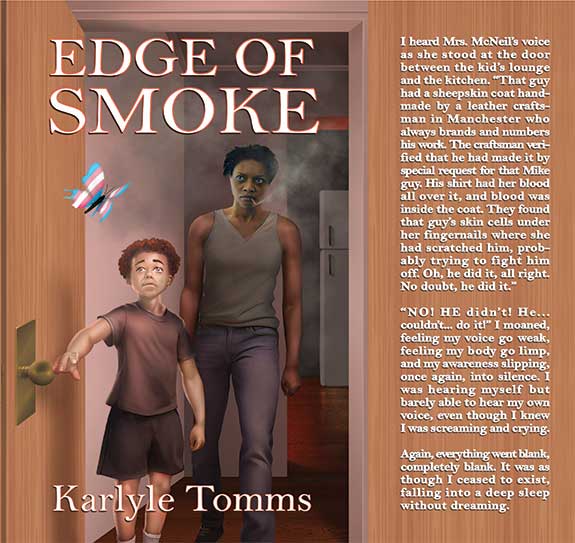
In the first novel, Lovella is a white heterosexual woman. Pastor Dennison, in the second novel, is a white heterosexual man. Stephanie, in the third novel, is a bi-racial transwoman attracted to men, and Cherie, in the fourth novel, is a white lesbian. As a white gay man, I have had none of these experiences, but my imagination allows me to mentally walk a mile in the shoes of others. I can never know how another human being feels or how they might react to specific difficulties, but I can imagine how I would feel if placed in similar situations. Often, my writing feels like I am channeling the spirits of my protagonists. It feels as though they are telling their stories through me, and they often pester me until I tell their story. To say that I’m a gay writer is simply to affirm that I’m gay and I write. I have yet to write a story about a gay man, and I’m not sure when that is coming.
Nonetheless, all my novels are LGBTQIA+ affirming. Some characters show up, have relationships with the protagonists, and then want to tell their stories. Whatever novel comes next depends on which character nags me the most. Who knows what spirit might show up next?
This article was originally published in the 2024 Winter Issue of Las Vegas PRIDE Magazine, and can be read in its original format here.

